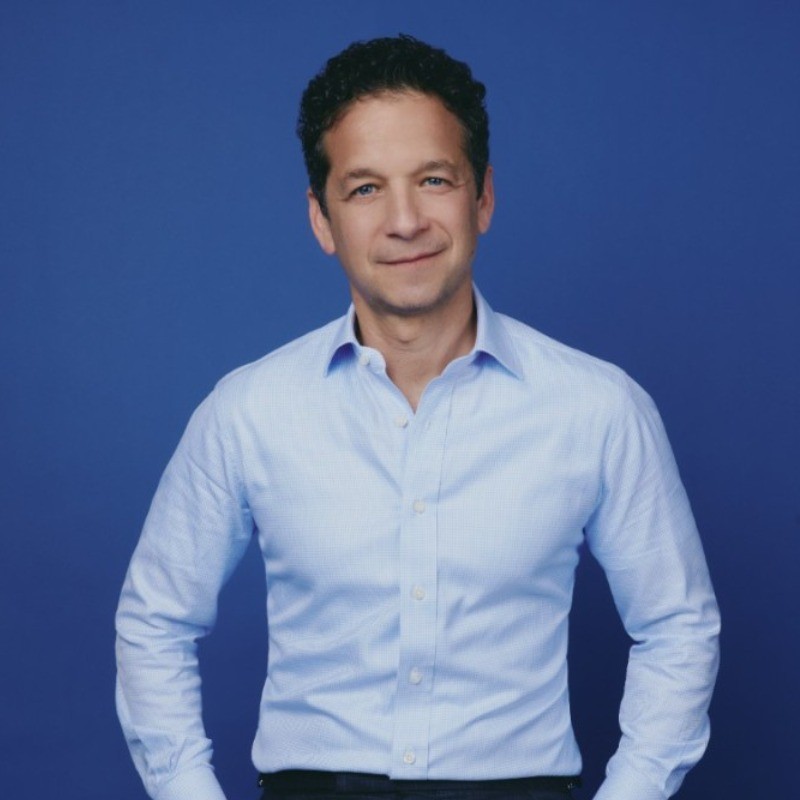The King of Freemium and other Top Stories of the Week. Plus: The Dire View on Unemployment from the C-Suite
Tally the numbers in this week’s Top 5 most-shared articles across LinkedIn and here’s what you’ll find:
17 rules for success;
4 American tech giants and
10 ways in which they’re battling;
a 28-year-old entrepreneur worth
$600 million, maybe;
5 ways to keep your top employees happy; and
52 references to Steve Jobs
There were other numbers in the news last week: 9.1% (the continued rate of unemployment); $11 billion (the next loan installment Greece needs from Europe and the IMF); and Herman Cain's 9-9-9. But professionals didn’t want to talk today’s problems or politics; what they wanted were people to look up to and tips for how to thrive.
Top 5 most-shared articles on LinkedIn (Oct. 14, 2011 – Oct. 20, 2011)
- Steve Jobs and the Seven Rules of Success, 10/14 (Entrepreneur)
- 10 Secrets of Successful Leaders, 10/17 (Entrepreneur)
- Dropbox: The Inside Story Of Tech's Hottest Startup, 10/18 (Forbes)
- The Great Tech War Of 2012, 10/19 (Fast Company)
- 5 ways to keep your rockstar employees happy, 10/15 (Gigaom)
Some interesting tidbits from last week's winners.
Fast Company’s Farhad Manjoo lays out the coming battles between Facebook, Apple, Amazon and Google, and explains why so many of the decisions they make today are in preparation for the future fights. Pleasing the consumer or Wall Street comes second, he argues, to keeping the competition off kilter:
When Google invests billions to build smartphones and a new social network, is it really trying to topple Apple and Facebook—or is it simply building a wider moat to protect its core interest, search revenue? … These ventures are decoy threats that tax a rival's resources. Google+ will be hard-pressed to ever match Facebook's global reach, but it will certainly keep [Facebook CEO Mark] Zuckerberg and his engineers on their toes.
One company that has so far avoided being purchased or crushed by the Big 4 – not that they haven’t tried – is Dropbox. Forbes’ Victoria Barret chronicles the smart, bold moves of CEO Drew Houston. Houston cruises through the Valley in a Zipcar, spurning Apple and sharing bison with Mark Zuckerberg as he grows his cloud-storage company. His secret is a single-minded focus on a single product, and a mastery of the freemium business model. Houston’s got 50 million users, an expected $240 million in revenue in 2011, and only 70 engineers. Only 4% of people currently pay a penny, but:
[T]housands of people each day blow through the free 2 gigabytes of storage, and upgrade to 50 gigs for $10 a month or 100 gigs for $20. Even if Houston doesn’t sign up a single customer in 2012, his sales will double.
It’s no surprise that the story had such a powerful impact with business people. Who wouldn’t want to have that kind of math at play in their company or in the economy in general?
Here are some top stories shared by professionals in the following industries.
- Among professionals in venture capital: TechCrunch's Ten Tips on How to Work with Your Board of Directors. (One tip: “Board meetings are not pitches. You have our money, so let’s figure out what to do with it.”)
- In wine & spirits: Oz bounces back, in which the FT discovers that Australia is actually producing good wine (Top pick: Bindi, Block 5 Pinot Noir 2008).
- Folks in the business of making machinery were also thinking wine. Top story this week was from the North Bay Business Journal: Constellation mechanizes some high-end harvest. The wine giant is apparently using a harvester to collect over half the grapes bound for high-end wine.
- Designers shared Smashing Magazine’s The Do’s And Don’ts Of Infographic Design. The article is packed full of examples. Here are colors to embrace and to avoid.
- Real Estate professionals – not shockingly – glommed onto the WSJ’s It's Time to Buy That House.
- And in retail, a Bloomberg story about one-time star big box Best Buy discovering that impulse buyers are disappearing must have sent shivers through the industry.
Finally, I wanted to go back to a poll we launched last month and look at its findings:
We asked members to tell us where they thought the unemployment rate would be this time next year. Nearly 1,500 people voted. LinkedIn polls head Jimmy Chen dug through the numbers to pull out some insights. The most interesting: Owners of companies —the ones doing the hiring—were far less confident about the direction of the economy. By a 22% rate vs 17% for the overall population, they said that unemployment would likely be above 10.5% next year. And that dark sense carried through the entire poll. Overall, owners, CEOs, and VPs were more likely to be pessimistic than managers and individual contributors.
Seventeen rules for success suddenly doesn’t feel like enough.


